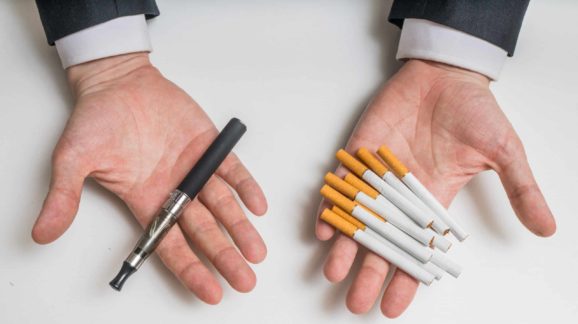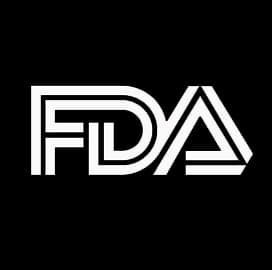FDA’s Fake E-cigarette News

 Journalists aren’t the only purveyors of “fake news.” Federal agencies also generate misleading headlines. Sometimes, they do it with a purpose. That seems to be the case with the Food and Drug Administration’s recent press release warning the public about a possible link between e-cigarettes and seizures. According to the release, the agency is launching an investigation based on the 35 seizures consumers reportedly experienced in the last nine years while using e-cigarettes. Whether 35 incidents should be enough to trigger an investigation is less important a question than why the FDA felt the need to make such a public announcement before concluding or even beginning its investigation. The answer seems to be that the FDA wants to scare you.
Journalists aren’t the only purveyors of “fake news.” Federal agencies also generate misleading headlines. Sometimes, they do it with a purpose. That seems to be the case with the Food and Drug Administration’s recent press release warning the public about a possible link between e-cigarettes and seizures. According to the release, the agency is launching an investigation based on the 35 seizures consumers reportedly experienced in the last nine years while using e-cigarettes. Whether 35 incidents should be enough to trigger an investigation is less important a question than why the FDA felt the need to make such a public announcement before concluding or even beginning its investigation. The answer seems to be that the FDA wants to scare you.
If the goal of this week’s FDA press release was to spread unjustified e-cigarette panic, the news media did not disappoint. Before the digital ink was even dry on the FDA’s website, new outlets were already running stories about how e-cigarettes might cause seizures. To their credit, most of these stories were careful to note that Adverse Event Reports, like the 35 related to e-cigarettes, are not proof that a product caused a health condition. Rather, they merely indicate that a health condition occurred at the same time as the use of a product.
Consumers or, more commonly, emergency room physicians submit Adverse Event Reports to the FDA to provide the agency with a pool of data about consumer products and their potential side effects. When the data begin to show an unusually high number of health issues occurring during use of certain products, the FDA can then investigate and take action, if warranted. But 35 reports over a decade is not an unusually high number. I know this because there are many other products with higher reports of seizures that FDA is not investigating.
Were 35 seizures enough to trigger an FDA investigation into a product, I would expect to see the agency looking into Nexium, for example. In the last nine years the over-the-counter acid reflux medication has been linked to 294 reported seizures. Between 2008 and 2012 three brands of soda were also linked to five reported seizures, according to results from a Freedom of Information Act request. Still, no investigation.
That said, the FDA might have information unavailable to the public that would trigger an investigation into any potential link between e-cigarettes and seizures. Such investigations are part of the agency’s job. For example, in 2015 the FDA announced that the nicotine replacement therapy Chantix would carry a new warning about its possible link to seizures. The update came after they investigated the more than 600 Adverse Event Reports, linking the drug to seizures, it received over nine years.
The Chantix case is a good example of what makes today’s announcement so extraordinary. Even with more than 600 reports of seizures, the FDA did not make a public announcement until after it had investigated the possible link and after developed new labeling requirements to warn users of the “rare risk of seizures” associated with the drug.
Perhaps there is another reason the FDA decided publicly announced its investigation into e-cigarettes’ seizure risk beyond the 35 reports it received since 2010. But, more likely the agency was hoping that its press release would lead to alarming headlines and widespread belief that e-cigarettes cause seizures. The more people unjustifiably terrified of e-cigarettes the more support it has for its ongoing efforts to ban e-cigarettes. And the FDA needs to use fear because the facts don’t support what the agency wants to do, which is to build a wall between smokers and the products that could save their lives.